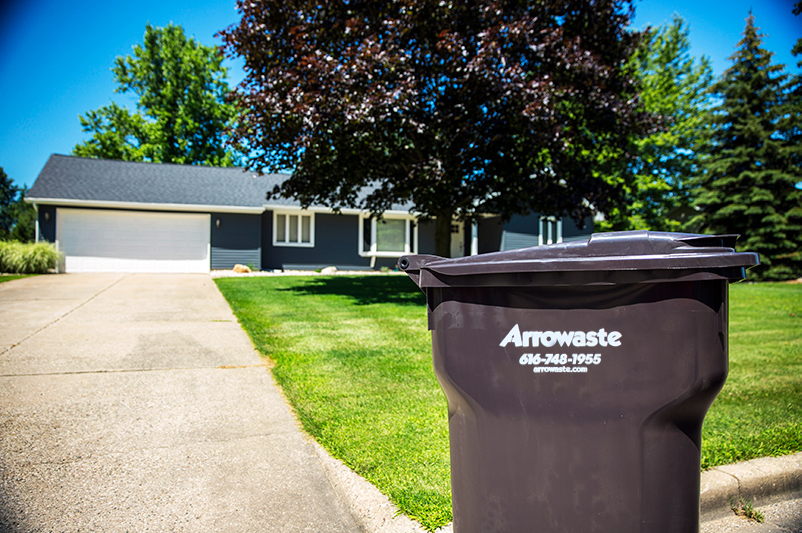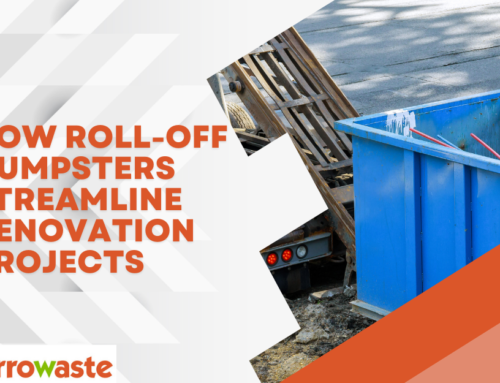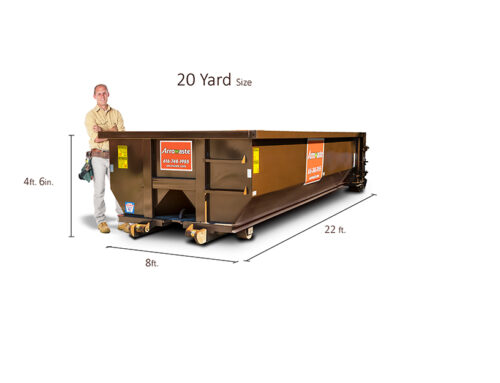Waste management and recycling have drawn more attention due to the growing awareness of pollution and climate change. The process also creates more jobs than dumping waste in landfills. According to statistics, recycling creates 36 times more employment opportunities than simply picking and disposing of trash.
However, residential waste pickup companies and homeowners face several challenges when they get into recycling. In this article, we’ll look at some of the hurdles that organizations and communities have to overcome.
Rapid Urbanization and Lack of Capacity
The world population is growing rapidly, particularly in urban areas. According to statistics, more than 80% of the United States population lives in urban areas.
Millions of people in cities live a fast-paced life. Unlike centuries ago, food is now contained in plastic packages that are often not disposed of properly. Commercial activities like tourism have devastated islands such as Bali and their ecological systems. In other words, we all need to do our part to repair and protect the planet.
There are indeed many innovations that garbage removal companies can use to improve recycling and management of waste. However, urban growth in the past decade has been unprecedented. Most local authorities never had a plan to deal with the tons of trash from the population explosion and our changing lifestyles.
Participation
Agenda 21 of the UN Conference on Environment and Development proposed a participatory approach to waste management. Without the participation of state governments, local authorities, communities, and garbage removal companies, the problem will be difficult to contain.
Collaboration is necessary because recycling waste is a multi-faceted process. Many communities need environmental awareness to understand the impact of poor waste disposal. Residential waste pickup companies can develop better collection and sorting mechanisms to improve their recycling process.
But at the same time, homeowners ought to have information on how and where to dispose of waste. The participation of individuals can have a significant impact on waste removal and sorting. Many brands are more likely to respond to their consumers’ demands than to activists or even policymakers.
There are many regulations that have gone into effect to mitigate the effects of pollution and climate change. But there has been no clear direction given by the stakeholders and local authorities. As a result, there hasn’t been enough commitment to research and standardization.
The Potential of Small-Scale Recycling
Regardless of the obstacles, recycling presents many opportunities for small businesses, industries, and even top brands. For example, residential waste pickup companies that collect organic waste can use it to produce energy at their local plants thereby creating jobs in remote regions.
For manufacturers, they can get access to more affordable raw materials. There are all sorts of trash you can find in a typical home yard waste, from copper and aluminum to lead and plastic. They are low cost to acquire and have a similarly low price tag for industrial plants.
In Conclusion
Small scale waste management can add to the capacity of large recycling companies to address issues of pollution. Unfortunately, smaller plants are plagued with problems ranging from a poor regulatory environment and a lack of sufficient research. But the participation of stakeholders can enhance trash removal and the recycling process.



